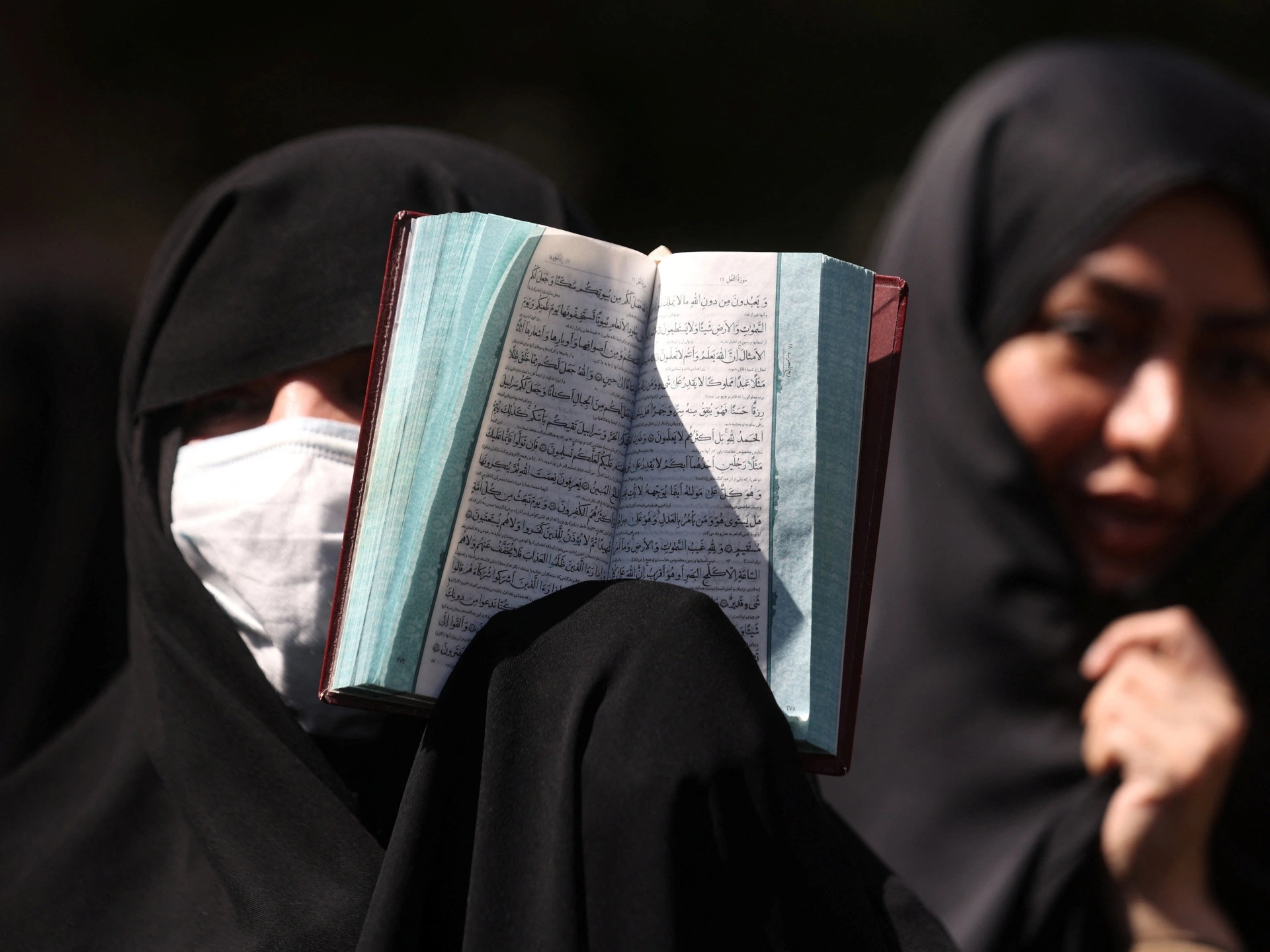The Danish government will try to find legal means that will enable authorities to prevent the burning of copies of the Quran in front of other countries’ embassies in Denmark, Foreign Minister Lars Lokke Rasmussen has said.
“The burnings are deeply offensive and reckless acts committed by few individuals. These few individuals do not represent the values the Danish society is built on,” Rasmussen said in a statement on Sunday.
“The Danish government will therefore explore the possibility of intervening in special situations where, for instance, other countries, cultures, and religions are being insulted, and where this could have significant negative consequences for Denmark, not least with regard to security,” he said.
Denmark and Sweden have found themselves in the international spotlight in recent weeks following protests where the Quran, the Islamic holy book, has been damaged or burned.
In a separate statement on Sunday, Swedish Prime Minister Ulf Kristersson said he had been in close contact with his Danish counterpart Mette Frederiksen, and that a similar process was already under way in Sweden.
“We have also started to analyse the legal situation already … in order to consider measures to strengthen our national security and the security of Swedes in Sweden and around the world,” Kristersson said in a post to Instagram.
Outrage in Muslim countries
This month, far-right activists have carried out a number of public burnings of Islam’s holy book in front of the Iraqi, Egyptian, and Turkish embassies in the Danish capital.
On Monday, two members of the ultra-nationalist Danish Patriots stomped on a copy of the Quran and set it alight in a tin foil tray next to an Iraqi flag.
Earlier this month in Sweden, an Iraqi citizen living in the country, Salwan Momika, 37, stomped on the holy book and set several pages alight.
The public burnings in the Scandinavian countries have sparked widespread outrage across Muslim countries, with Saudi Arabia, Turkey, the United Arab Emirates, Iran, Morocco, Qatar and Yemen lodging protests in response.
Sweden and Denmark have said they deplore the burning of the Koran but cannot prevent it under their rules protecting freedom of expression.
The United Nations Human Rights Council (UNHRC) earlier this month approved a resolution on religious hatred and bigotry following several burnings.
Pakistan and other Organisation of Islamic Cooperation countries backed the motion, along with a number of non-Muslim majority countries including India and Vietnam. The United States and the European Union opposed the resolution on the grounds it interfered with freedom of expression.
In his statement, Rasmussen added that whatever measure was taken “must of course be done within the framework of the constitutionally protected freedom of expression and in a manner that does not change the fact that freedom of expression in Denmark has very broad scope”.



Islam went through persecution during its formative period, by the religious and political status quo that existed (only to later go to war, subjugate other religions, enslave). The Quran already has explanations and consolations for persecution so they will rationalize the burnings using these.
Kindly, “where is your god now” will have no effect, assuming they look at it that way to begin with. That will be at the cost of ruining our (exmuslims) reputation, which imo isnt worth it.
A persecution complex is built-in as a default feature for the Abrahamic ones. I’m sure it’s not unique to them, but it’s a default feature, part of the marketing.
The cult dynamic of creating a cult identity works very nicely with converting criticism into a positive feedback loop for belief fervor. Instead of criticism being received honestly and evaluated accordingly, it’s seen as conspiracy and mysterious/sinister/occult oppression. It’s most obvious with the martyr fallacy, the notion that: “someone died for some idea/story/prophecy, therefore the story is true!”. The past few years of pandemic have demonstrated repeatedly that it is a fallacy. And the backfire effect has its limits.
It’s precisely for the doubters. The believers who are comfortable do not care.
Deeming some story “sacred” is an appeal to authority, some ancient authority usually (so, to tradition), and it’s used as a defense against criticism… against even trying to think about criticism. It marks some idea, some premise, as unquestionable. So ruining the illusion of sacredness is an important step in allowing inspection and criticism. Go ahead and ask exbelievers when they started to doubt and if they had fear of doubting in the first place.